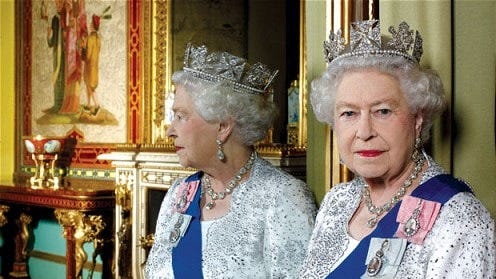Mirror of Princes
Queen Elizabeth’s rule shows us not only the political wisdom of the past, but guidance for a better political future
Beloved of her subjects, untouched by scandal, faultless in public demeanor, Her Majesty Queen Elizabeth II has passed to her eternal reward. She has already been mourned as the last link to a world that now seems distant and faded—a lone bridge between the last empires and what is now a tattered, post-democratic world. Lest this sentiment fade into nostalgia, however, it is important to name the specific quality that marked the queen’s rule and comprised her other virtues.
Prudence, elegance, graciousness, aplomb, patience, benignity, justice, temperance, charity, religion, modesty and fidelity were all among the jewels in her crown. But what knit them together and set them in their place was the practice, fading and now faded, of duty of state.
In the concept of duty of state, the prince or princess, and as well the magistrate or statesman, does not merely exhibit qualities worthy of personal sympathy. The queen’s elegance, for example, is not merely a memorial to a time when statesmen attended dignified parties rather than, say, rave parties in Helsinki. Instead, a different nature of rule occasioned a different sort of virtue. The queen’s virtues were not simply extraordinary forms of ordinary virtues. Rather, they were excellent forms of virtues proper to her office—virtues she was specifically taught and had the opportunity to practice.
How were those specific virtues produced in the queen, and why are they so far from us today? The answer gets to the heart of much contemporary malaise. What has caused duty of state to fade, in turn, is the fading away of rule.



